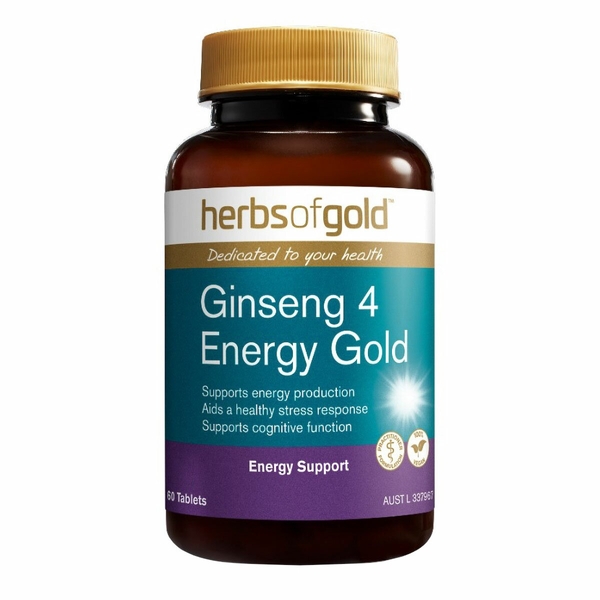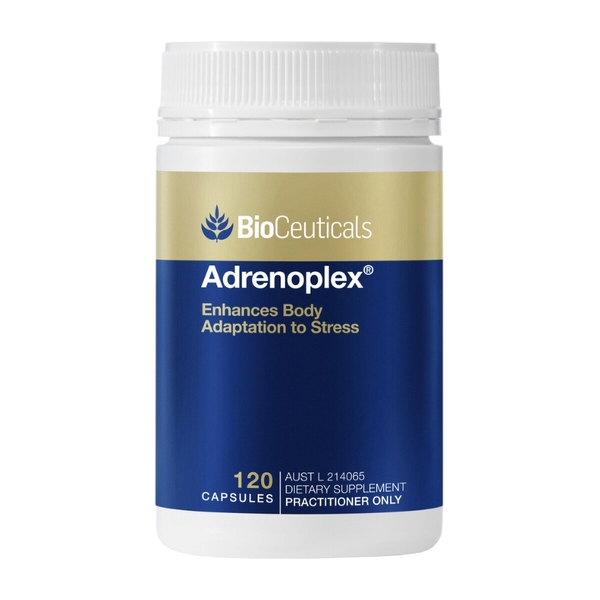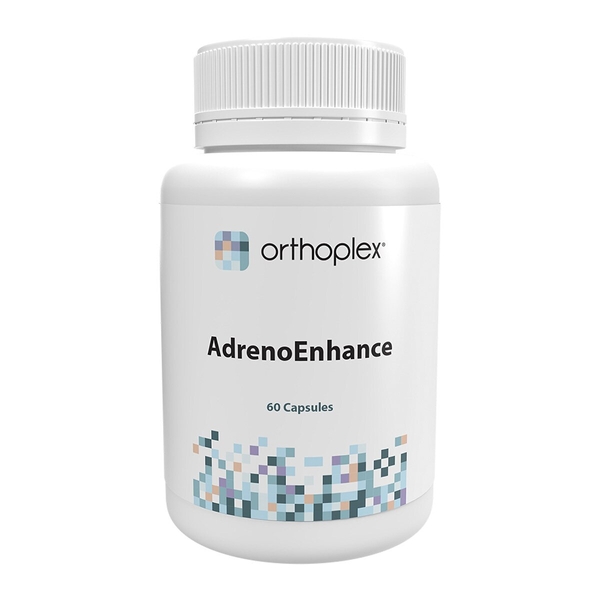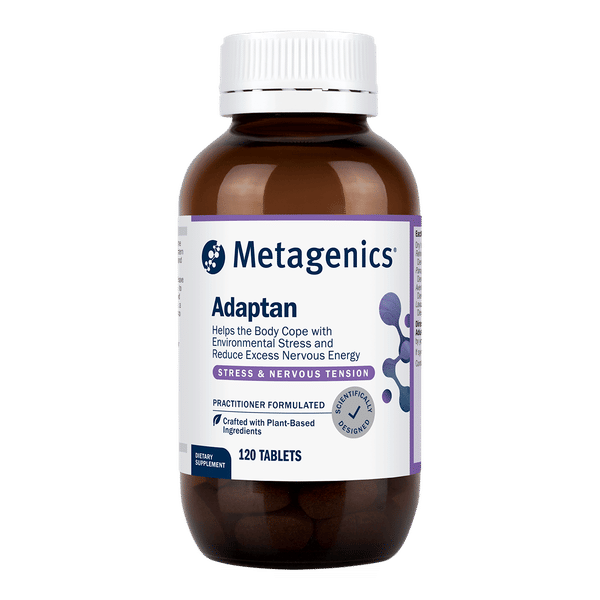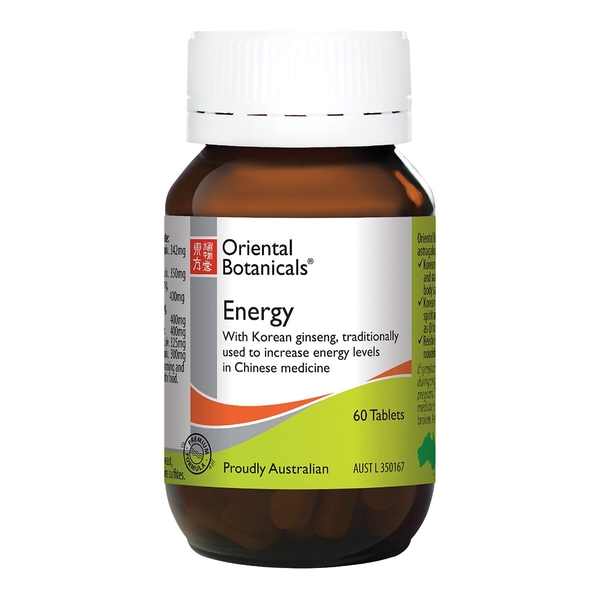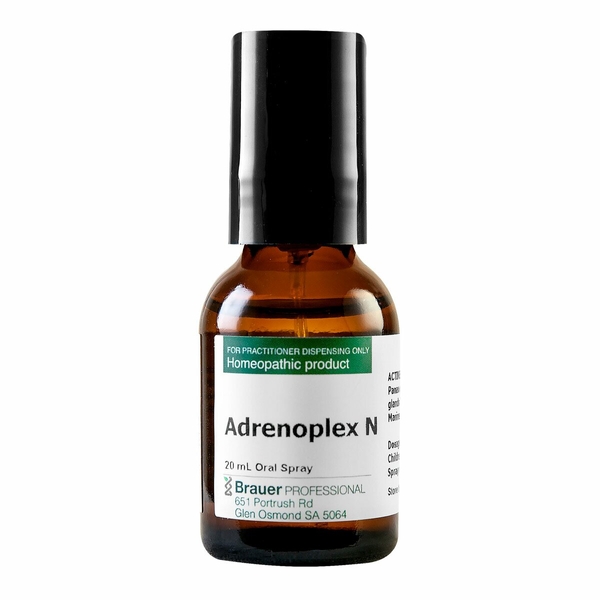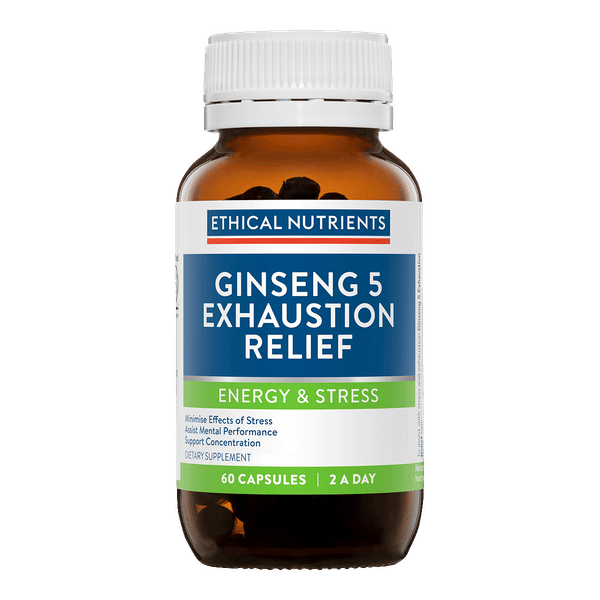
Background
American ginseng is considered an adaptogen. Adaptogens are a class of substances that are believed to stimulate the body's resistance to physical, environmental, and emotional stressors. American ginseng also contains chemicals called ginsenosides, which seem to affect insulin levels and lower blood sugar.
People take American ginseng for stress, to boost the immune system, for upper airway infections, diabetes, and many other conditions, but there is no good scientific evidence to support most of these uses.
Don't confuse American ginseng with Asian ginseng (Panax ginseng) or Eleuthero (Eleutherococcus senticosus). These are different plants with different effects.
Safety Safety definitions
Special Precautions & Warnings:
Pregnancy: American ginseng is possibly unsafe to use during pregnancy. One of the chemicals in Panax ginseng, a plant related to American ginseng, has been linked to possible birth defects. Don't take American ginseng if you are pregnant.Breast-feeding: There isn't enough reliable information to know if American ginseng is safe to use when breast-feeding. Stay on the safe side and avoid use.
Children: American ginseng is possibly safe when used short-term. A specific American ginseng extract called CVT-E002 (Cold-FX, Afexa Life Sciences) has been used in doses of 4.5-26 mg/kg by mouth daily for 3 days in children 3-12 years of age.
Hormone-sensitive conditions such as breast cancer, uterine cancer, ovarian cancer, endometriosis, or uterine fibroids: American ginseng products that contain chemicals called ginsenosides might act like estrogen. If you have any condition that might be made worse by exposure to estrogen, don't use American ginseng that contains ginsenosides. Some American ginseng extracts have had the ginsenosides removed.
Insomnia: Taking high doses of American ginseng might cause sleeping problems. If you have trouble sleeping, use American ginseng with caution.
Schizophrenia (a mental disorder): Taking high doses of American ginseng might cause sleep problems and agitation in people with schizophrenia.
Surgery: American ginseng might affect blood sugar levels and might interfere with blood sugar control during and after surgery. Stop taking American ginseng at least 2 weeks before a scheduled surgery.
Effectiveness
- Upper airway infection. Taking a specific American ginseng extract called CVT-E002 (Cold-FX, Afexa Life Sciences) by mouth during flu season might prevent cold or flu symptoms in some adults.
Dosing & administration
Interactions with pharmaceuticals
Medications for depression (MAOIs)
Interaction Rating=Moderate Be cautious with this combination.
American ginseng might stimulate the body. Some medications used for depression can also stimulate the body. Taking American ginseng along with these medications used for depression might cause side effects such as anxiousness, headache, restlessness, and insomnia.
Some common MAOIs include phenelzine (Nardil), selegiline (Zelapar), and tranylcypromine (Parnate).
Medications for diabetes (Antidiabetes drugs)
Interaction Rating=Moderate Be cautious with this combination.
American ginseng might lower blood sugar levels. Taking American ginseng along with diabetes medications might cause blood sugar to drop too low. Monitor your blood sugar closely.
Medications that decrease the immune system (Immunosuppressants)
Interaction Rating=Moderate Be cautious with this combination.
American ginseng can increase the activity of the immune system. Some medications, such as those used after a transplant, decrease the activity of the immune system. Taking American ginseng along with these medications might decrease the effects of these medications.
Warfarin (Coumadin)
Interaction Rating=Major Do not take this combination.
Warfarin is used to slow blood clotting. American ginseng has been reported to decrease the effects of warfarin. This might increase the risk of clotting. It is unclear why this interaction might occur. To avoid this interaction, do not take American ginseng if you take warfarin.
Interactions with herbs & supplements
Interactions with foods
Products
View all products- Panax quinquefolius (American ginseng) ext. 12 mg equiv. ginsenosides Rg1, Re, Rb1, Rb2, Rc, Rd 1.8 mg
- Eleutherococcus senticosus ext. 116.67 mg
- Panax ginseng ext. 18 mg
- Withania somnifera ext. 150 mg
- Ganoderma lucidum ext. 3.75 mg
- L-phenylalanine 75 mg
- L-tyrosine 75 mg
- Calcium pantothenate (Vitamin B5) 55 mg equiv. pantothenic acid 50 mg equiv. calcium 4.6 mg
- Nicotinamide (Vitamin B3) 15 mg
- Nicotinic acid (Vitamin B3) 5 mg
- Pyridoxal 5-phosphate monohydrate (P5P) 6.74 mg equiv. pyridoxine 4.3 mg
- Calcium folinate (Activated folate) 69.5 μg equiv. folinic acid 50 μg
- Cyanocobalamin (Vitamin B12) 5 μg
- Panax quinquefolius (American ginseng) ext. 150 mg
- Rehmannia glutinosa ext. 200 mg
- Withania somnifera ext. 160 mg
- Schisandra chinensis ext. 100 mg
- Glycyrrhiza glabra ext. 25 mg
- Thiamine hydrochloride (Vitamin B1) 1.2 mg equiv. thiamine 1.07 mg
- Riboflavin 5-phosphate sodium (Activated B2) 1.6 mg equiv. riboflavin 1.22 mg
- Nicotinamide (Vitamin B3) 16 mg
- Calcium pantothenate (Vitamin B5) 6 mg equiv. pantothenic acid 5.5 mg equiv. calcium 500 μg
- Pyridoxal 5-phosphate (P5P) 1.7 mg equiv. pyridoxine 1.16 mg
- Biotin 30 μg
- Calcium folinate (Activated folate) 50 μg equiv. folinic acid 46.3 μg
- Hydroxocobalamin (Vitamin B12) 2.4 μg
- Panax quinquefolius
- Porcine adrenal glands
- Porcine hypothalamus
- Phosphoric acid
- Crataegus monogyna (Hawthorn)
- Conium maculatum
- Marine sponge
- Ethanol

